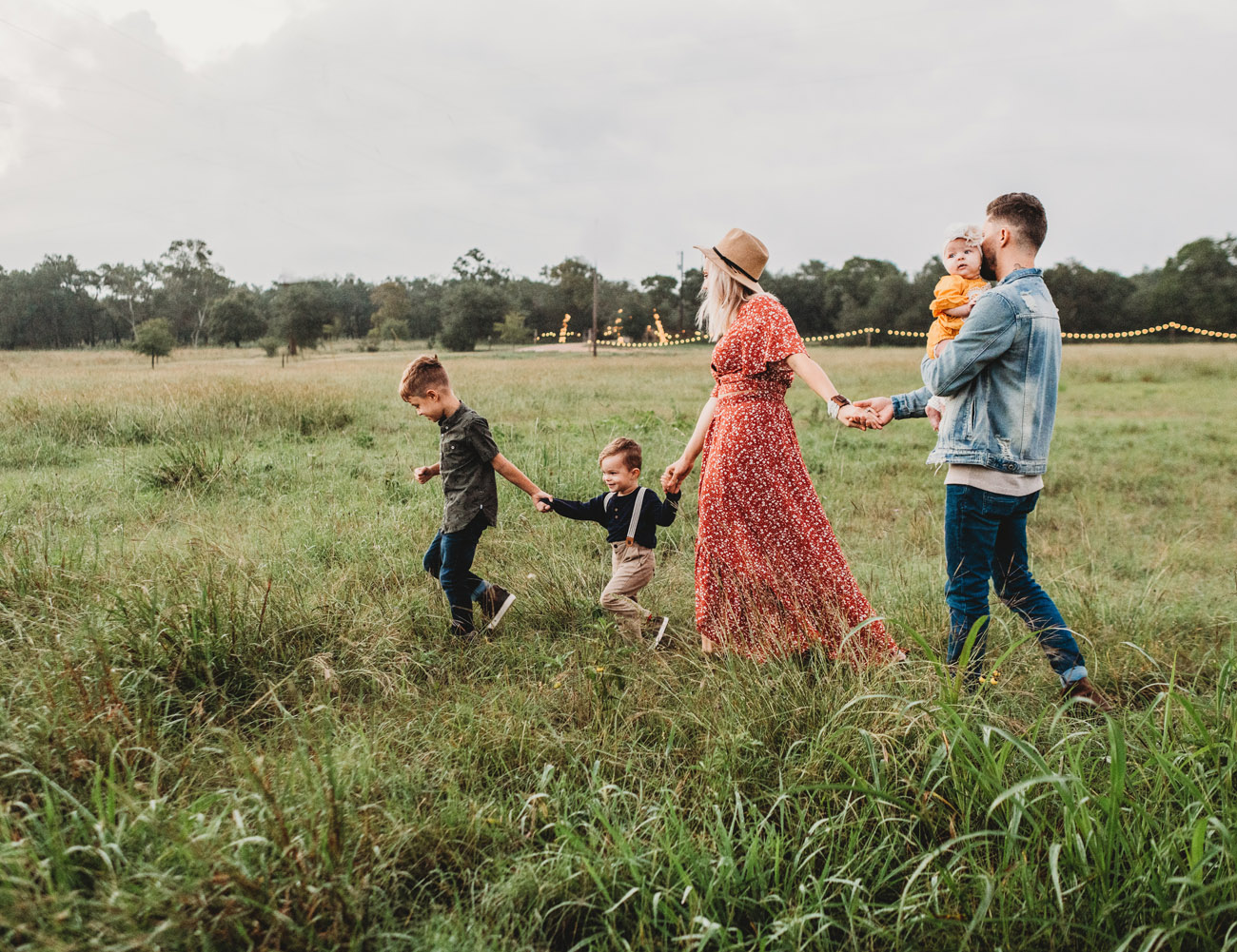
Being a part of a family can be an extremely rewarding part of life. On other days, being a part of a family is one of the most challenging experiences we can face. Each person has different likes and dislikes, personalities, temperaments, ways of communicating, and ways of handling stress. You may have heard it said that you can’t choose your family. That’s true, but you can choose how you get along and interact with your family.
During family therapy, I will spend time getting to know each family member. I may meet with everyone as a group or I may meet with each family member individually, but often a combination of group and individual sessions is used. I may first meet with the parents alone, and then the child or children for a number of sessions, then the parents again or the whole family together. This depends on the issues bringing the family into therapy in the first place.
I begin therapy by taking a thorough family history. I will ask questions about family structure, strengths and resources within the family, ways of communicating, family history of physical and mental illness, and the quality of relationships between family members. I will also want to know detailed information about the problems the family is facing that brought them in for therapy.
The benefits of family therapy can be many. Therapy can help members understand how their family functions, identify strengths and weaknesses within the family system, set goals and develop strategies to resolve challenges, improve communication skills, and make the entire family stronger. Family therapy is often used in concert with other types of mental health treatment, such as individual therapy and specialized treatment for addictions, disorders, and mental illness.
One thing that families need to be prepared for in therapy is change. Imagine a mobile hanging over a baby’s crib. If you touch one side of the mobile, it moves all the other sides of the mobile too. This is what a family can expect in family therapy. Each family member has learned how to cope, react, and respond to each other in a certain way. These patterns of relating can at times get stuck in unhealthy repetitive cycles. In family therapy we will work to find healthier and more flexible ways of relating. If you go into family therapy expecting everyone to change, that will be one less surprise in the process.
Change can be hard, and being a part of a family can be challenging; it can also be transformational and liberating. If you want your family to be healthy and supportive, giving family therapy a try during a difficult situation will be time and money well-invested.

